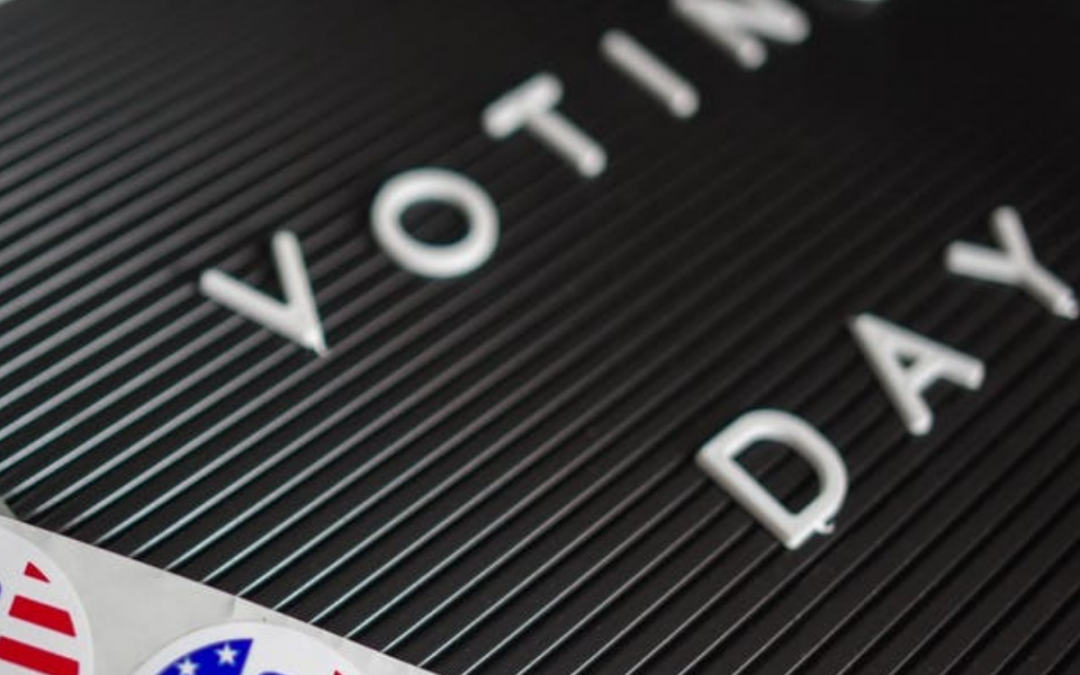Do You Really Want to Get Along?
Well, we have elected a new president, emotions are still running high and the country is divided. There are those of us who are encouraged and hopeful, and those who are angry and frightened. What about you?
Are you interested in understanding, or at least acknowledging, the validity of the perspectives of folks who disagree with you? And, that they have legitimate reasons for their opinions. Or, maybe you believe that those who oppose you are wrong, stupid or evil.
We may say that we want to get along. Unfortunately, what we really mean is that the other person should see things our way. The reality is that we must carry on working and living together despite a contentious election and a divided country. All we have is each other — you and me and a few billion other folks who live on this planet. We can and should decide to treat each other as if it matters, because it does. Because all you can do is all you can do, and it’s incumbent on each of us to do our best.
So, how do we do that? How about starting with a constructive, optimistic attitude? Suspend assumptions and judgments about people and situations, especially when you lack facts. Recognize that if you want to persuade or influence someone, it is virtually impossible to change someone’s mind by arguing with them. Instead, seek to find common ground by listening to understand what they believe and why it’s important to them. The result? They will be more likely to listen to you. Democracy requires cooperation and engagement as well as competition. Above all, be civil.
Civility is:
- Claiming and caring for your own identity, needs and beliefs without degrading someone else’s in the process.
- Reaching consensus or suspending judgment; agreement is not required.
- More than just politeness, although politeness is necessary.
- Disagreeing without disrespect and seeking common ground for dialogues about differences.
- Listening to others with your heart, mind and strength. It requires hard work to stay present when we have deep-rooted and fierce disagreements.
- Separating your feelings about the person and their opinions from your assumptions about their character, without letting go of your moral and political principles.
- Ensuring that everyone’s voice is heard and nobody’s is ignored.
Civility requires:
- Respect and courtesy in language, demeanor and actions with others.
- Respectful acknowledgment of individual differences and human decency.
- Empathy and patience with each other.
Benjamin Franklin famously changed his abrasive and headstrong ways when he discovered that winning arguments was not very useful. Respecting other people led to goodwill and politeness helped him to avoid the bitterness of continuing a conflict. Instead of harshness, arrogance and anger, he embraced decency and kindness to encourage good humor and a willingness to find common ground. Are you willing to learn from Ben Franklin?
Each of us intuitively wants to matter and longs to be heard, understood and respected. We recoil when we feel demeaned, judged or criticized. Showing respect and compassion to others paves the way for finding the common ground that exists between us as humans and citizens.
What if it’s true that life is much more interesting and fun when you adopt a learning attitude, to gain insight and explore — not just to prove that you are right? Embrace a life full of puzzles, questions, opportunities and challenges.
I encourage you to be part of bringing the country together by reaching out to individuals within your sphere of influence. By connecting, one conversation and one interaction at a time, you can bring meaning to the words of Abraham Lincoln who famously said, “A house divided against itself cannot stand.”


